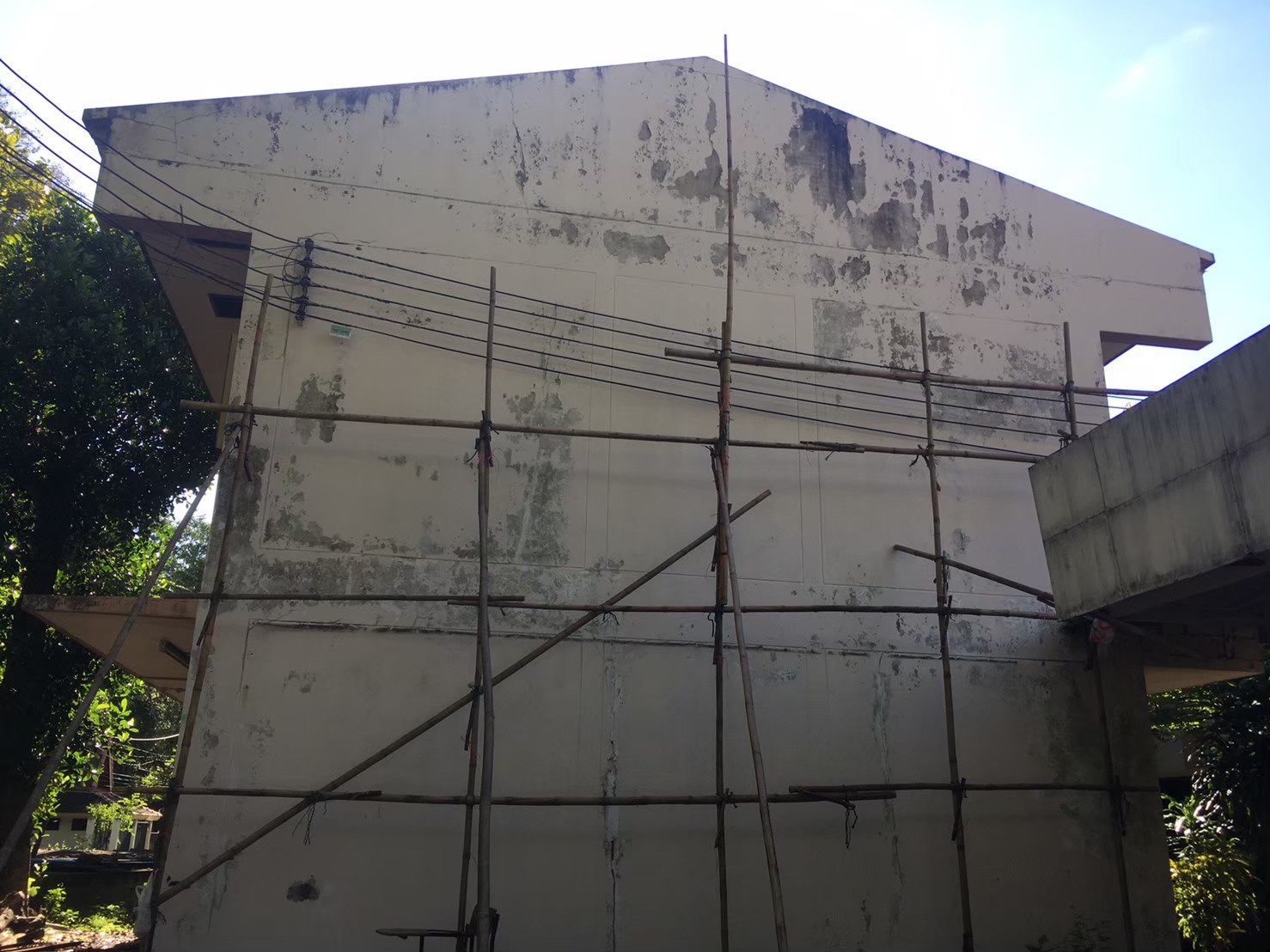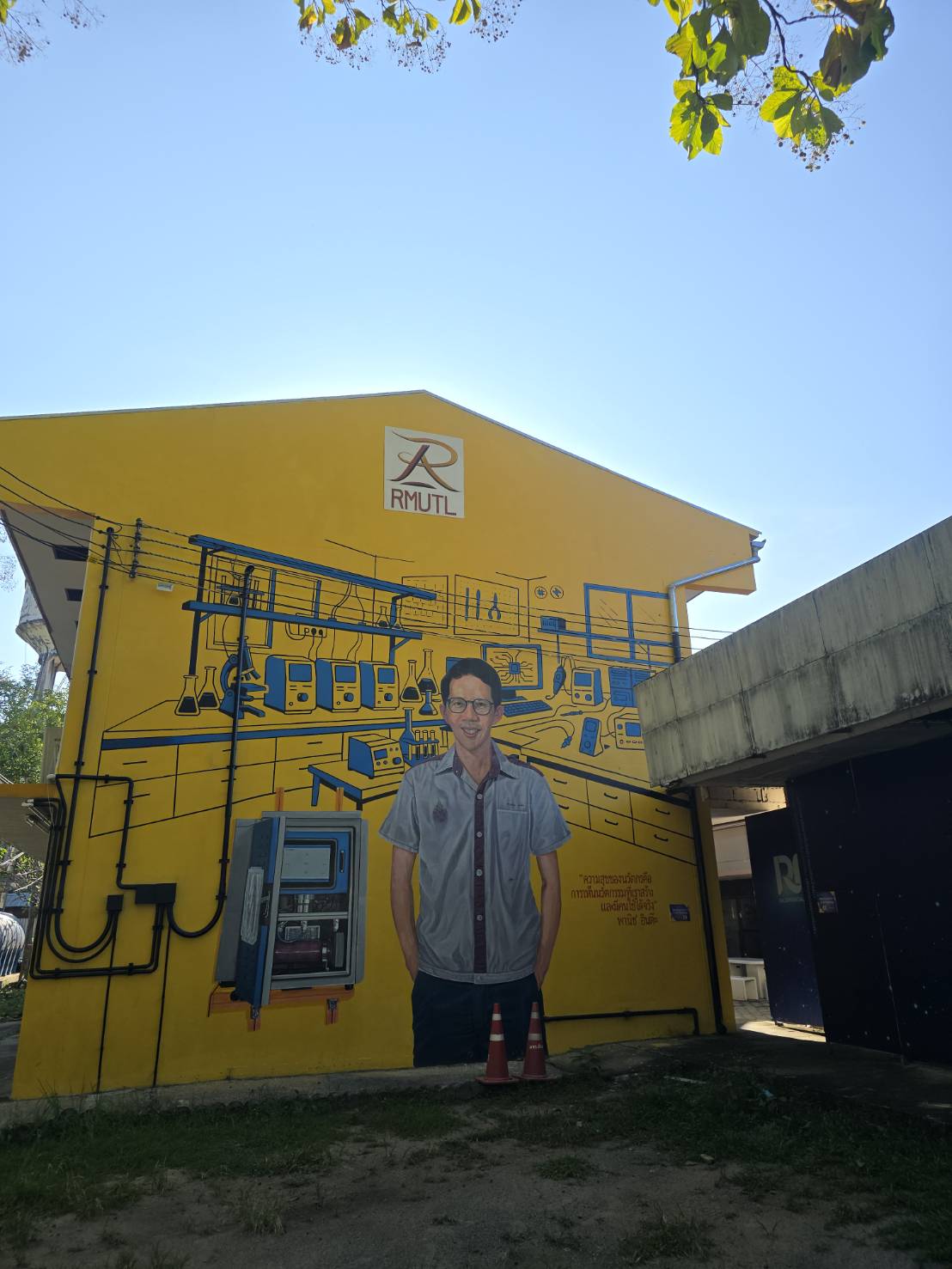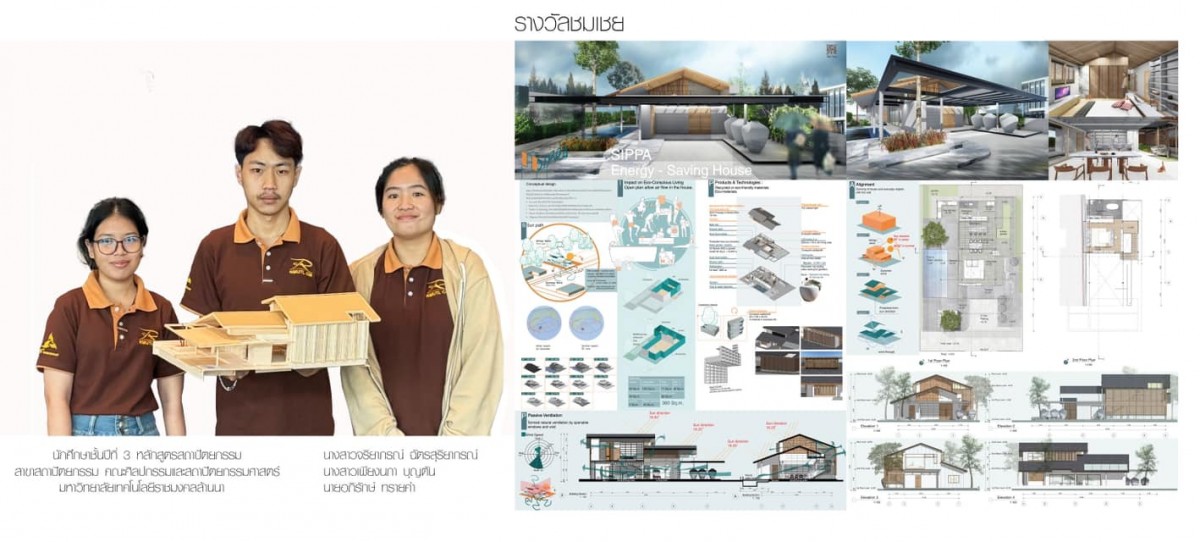Rajamangala University of Technology Lanna (RMUTL) has demonstrated continuous commitment to upgrading its existing buildings and facilities to achieve higher levels of energy efficiency and sustainability. The Energy Conservation Measures 2024 (Chiang Rai) outline practical improvement actions such as the deployment of smart-switch “model rooms,” mandatory air-conditioning temperature control at 25°C, preventive maintenance of cooling systems, and scheduled lighting operations. These measures directly improve the energy performance of campus buildings and ensure alignment with Thailand’s national energy management standards.
At the university level, RMUTL emphasizes capacity building through technology-based training and research. In March 2024, the Chiang Mai Campus hosted the EV Charging Station and Solar Energy Workshop, focusing on the installation and maintenance of solar photovoltaic systems. This initiative strengthened technical expertise among staff and students and supported the broader integration of renewable energy systems into RMUTL’s facilities.
In alignment with its drive toward sustainable infrastructure, RMUTL launched the “Project to Reform the System and Mechanisms for Utilizing Technological and Innovative Works to Create Intellectual Property and Commercial Income.” Within this project, Activity 8: Sustainable Workspace Renovation focuses on transforming the old Furniture Design Building and surrounding underutilized land into a Creative Co-Working Space. This new facility, known as the Institute for Creative Innovation and Technology, serves as an IP Hub and Service Provider (SP) that fosters innovation, technology transfer, and the commercialization of research outcomes. The renovation exemplifies RMUTL’s approach to repurposing existing structures for energy efficiency, creative collaboration, and long-term sustainability.


Energy Efficiency: Concept and Application
RMUTL also fosters carbon-awareness and sustainable design innovation among students through project-based learning. On September 19, 2024, third-year architecture students — Ms. Jariyaporn Chatsuriyakorn, Ms. Piangnapa Buntan, and Mr. Apirak Saikham — under the supervision of Ms. Supawan Pandi, received an honorable mention award in the Energy-Efficient House Design Competition organized by the Home Builder Association during the Home Builder and Materials Expo 2024 at IMPACT Muang Thong Thani.
Their innovative design integrated passive cooling strategies, renewable energy systems, and environmentally friendly materials, showcasing how academic creativity contributes to energy-efficient architecture and the reduction of carbon emissions in the built environment. This achievement supports Thailand’s transition to a Bio-Circular-Green (BCG) economy, while cultivating future architects committed to sustainable, low-carbon development.

Further reinforcing this institutional direction, the Building Renovation and Energy Conservation Construction Policy (B.E. 2568, 2025) mandates that all future renovations and new constructions incorporate energy-saving technologies, environmentally friendly materials, and sustainable design principles. Together, these policies and projects ensure that RMUTL’s built environment continues to evolve toward higher energy efficiency, lower carbon emissions, and enhanced innovation capacity.
Sources:
- Chiang Rai Energy Conservation Measures 2024 (smart-switch pilot & controls). RMUTL Chiang Rai.
- EV Charging Station & Solar Energy Workshop, Chiang Mai Campus (Mar 2024). มหาวิทยาลัยเทคโนโลยีราชมงคลล้านนา.
- From Brownfield to Bright Future: RMUTL Creates a Sustainable Co-Working Space for Innovation. RMUTL SDGs Portal.
- Building Renovation & Energy Conservation Construction Policy (B.E. 2568 / 2025). RMUTL SDGs Portal.
